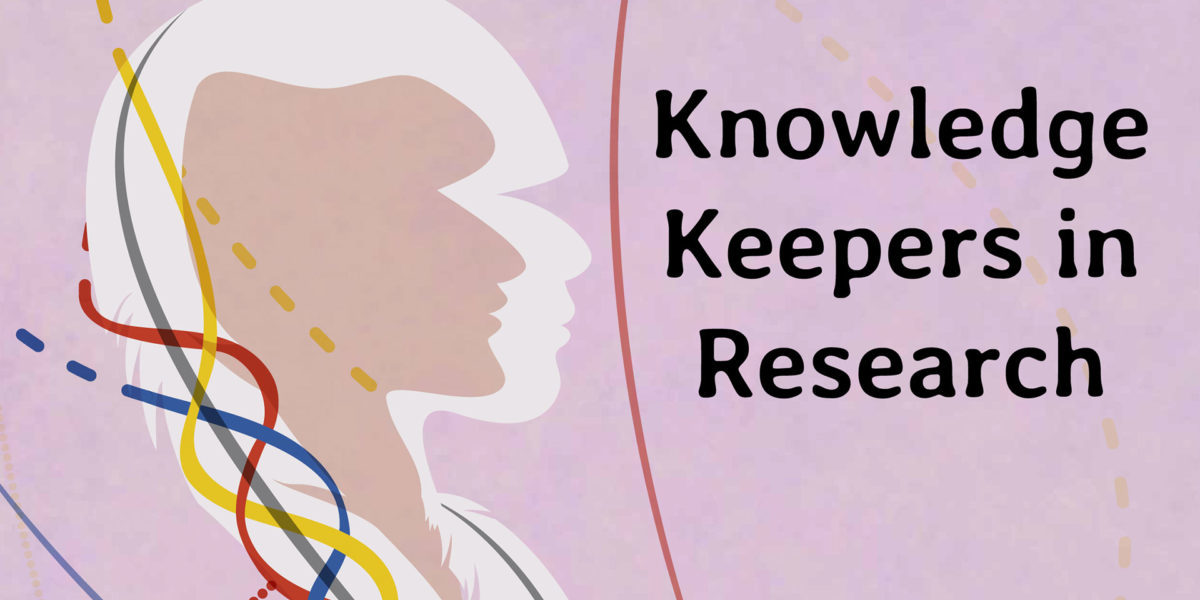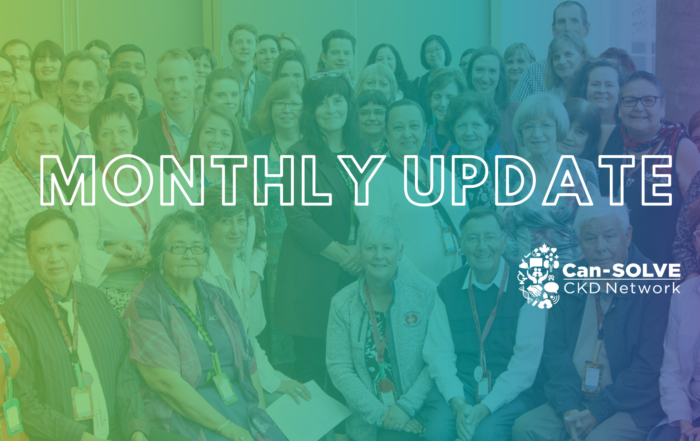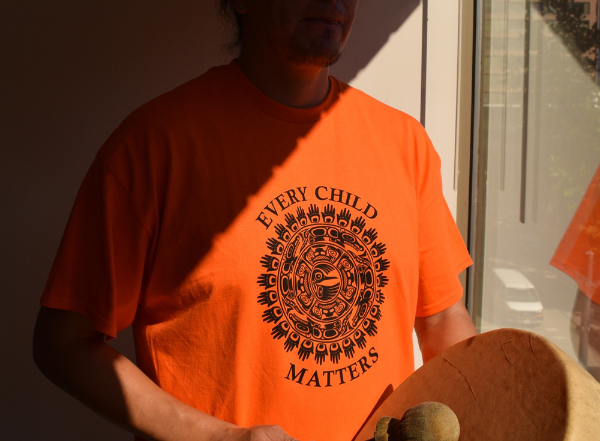Overview:
We are seeking the services of a video production company to produce a series of 7 short videos about inclusion of Knowledge Keepers in research.
These videos will accompany the Knowledge Keepers in Research virtual booklet. This virtual booklet is a component of the Wabishki Bizhiko Skaanj Learning Pathway, a novel training resource developed by the Indigenous Peoples’ Engagement & Research Council (IPERC).
Proposal Timeline:
Proposal submission deadline: September 16, 2022
Response from Can-SOLVE CKD: September 23, 2022
Outline of proposal:
- Indigenous-owned company
- Availability for three-day shoot in late October to mid-November during one of the following windows:
- October 24 – October 28
- October 31 – November 4
- November 14 – November 18
- Produce 7 short videos; 6-8 minutes each
- Videos will reflect the main themes of the Knowledge Keepers in Research virtual book
- Able to meet completion date:
- Review of videos: January 15, 2023
- Completion date: February 1, 2023
Your company’s estimate will include:
- Facilitation of video shoot
- Gathering video assets
- Creating transcripts and synched video/audio for review
- Creating a series of 7 videos which are 6-8 minutes each in length
- Creating or licensing original artwork/backgrounds
You will have experience in executing video projects of similar scope and will provide samples of your work in relation to working with Indigenous peoples and community.
The successful company will present a draft video for review by January 15, 2023 and will complete one revision cycle for feedback and revisions, and one for approval and sign-off within this scope.
Video footage will be recorded in Vancouver in late October/early November 2022 with a group of 11 diverse Indigenous Knowledge Keepers from across Canada.
About Us:
The Can-SOLVE CKD Network is Canada’s largest-ever kidney research initiative. We are a national partnership of patients, researchers, health care providers, and policy-makers working to transform treatment and care for Canadians affected by chronic kidney disease. Our network coordinates and conducts innovative research using a patient-oriented approach.
The Indigenous Peoples’ Engagement and Research Council (IPERC) guides the conduct of the Can-SOLVE CKD’s Network’s activities in accounting for the unique aspects of patient-oriented research involving First Nations, Inuit, and Métis. IPERC’s mandate is to ensure that Can-SOLVE CKD appropriately incorporates, addresses and respects the unique needs and perspectives of Indigenous peoples.
Members of IPERC developed the Wabishki Bizhiko Skaanj (White Horse in Anishinaabe language) Learning Pathway, which aims to increase researcher’s awareness and competency on engaging with Indigenous communities and individuals in research. The learning pathway includes several training components. One of them is called: Knowledge Keepers in Research.
In 2019 we completed the creation of a “Knowledge Keepers in Research” virtual guidebook that aims to create a culturally safe space for researchers, patient partners and Knowledge Keepers to come together. It will encourage researchers to honour and uphold various forms of knowledge alongside Indigenous Knowledge Keepers and help translate those teachings into practice. By centering Indigenous ways of knowing and fostering cultural competency, this learning marker is working to close the gaps in kidney health outcomes between Indigenous and non-Indigenous communities.
The virtual book can be accessed here: https://wordpress-617525-2003857.cloudwaysapps.com/knowledge-keepers
PDF version of RFP can be accessed here: Request for Proposals – Knowledge Keepers in Research Video
Submissions can be emailed to:
Craig Settee, Cultural Competency Manager csettee@cansolveckd.ca




Connect with us